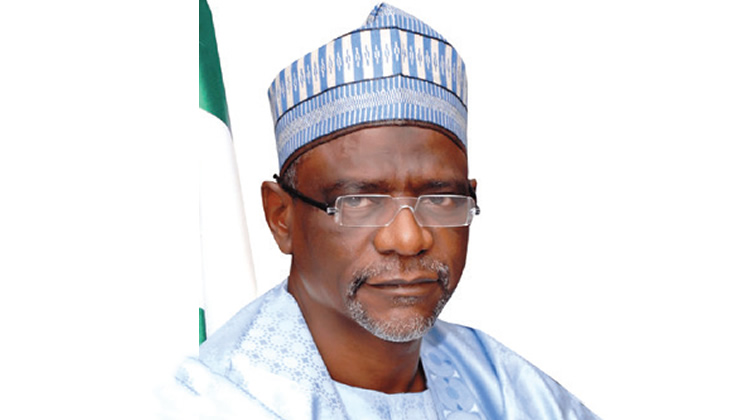
Primary school educators have expressed challenges over the mother-tongue teaching policy while some have also lauded the development.
Recall that the Federal Executive Council on Wednesday approved a new national language policy for primary schools.
The policy makes the mother-tongue a compulsory medium of instruction from primary one to six.
But the proprietress of De Joyland School, Yaba, Mrs Abimbola Osagie, lamented that it would be difficult for teachers to teach learners in mother-tongues.
‘‘I must say that this is a difficult task. How many teachers can speak their local language? How many parents can speak their mother-tongue let alone speak it to their children? How many of the pupils understand the local language of the immediate community where they reside?
‘‘This policy will make teaching and learning difficult for both teachers and learners.
‘‘There are better beneficial policies that they can come up with definitely not this.
She appealed to the government to review the policy.
‘‘The policy should be backed up with research-based and evidence-based proven results as this will affect the entire nation.
‘‘The government should research on how many teachers can speak the local language of the community they reside in or how many teachers can speak their mother-tongue.
‘‘I appeal to the government to have a review of this policy. If they don’t want it to just be on paper.’’
Director of Studies, Champions International School, Magboro, Ogun State, Mr Fola Adekeye, said, ‘‘If primary 1-6 learners are raised compulsorily on the diet of dominant native language, in which language diet will they continue in secondary schools? Obviously, the idea is structurally blind.’’
On her part, the Head of School, Juniper HillSchool, Lagos, Mrs Ajibike Bakare, argued that the ability to speak English properly was not a measure of intelligence.
‘‘The truth is Prof. Babs Fafunwa of blessed memory made this suggestion some years ago. The rationale at the time was two-pronged, children were observed to learn better when the language of instruction was the mother tongue and secondly, the preservation of our Indigenous languages.
‘‘I think the federal government is keen on making sure children do not lose a sense of their identity, hence this new directive. We look to them and Federal government schools to show other schools how to properly implement this.’’
Hakeem Adeniyan, a teacher of Mathematics in Yoruba Language, added that ‘‘If FG wants to actualise it, they should approach educationalists that can develop instructional books in the indigenous languages. They can start with Yoruba, Hausa, Igbo.
While speaking on the implication of adopting mother-tongue in teaching, he said, ‘‘It will not affect teaching and learning. It will be introduced gradually and not suddenly.’’











